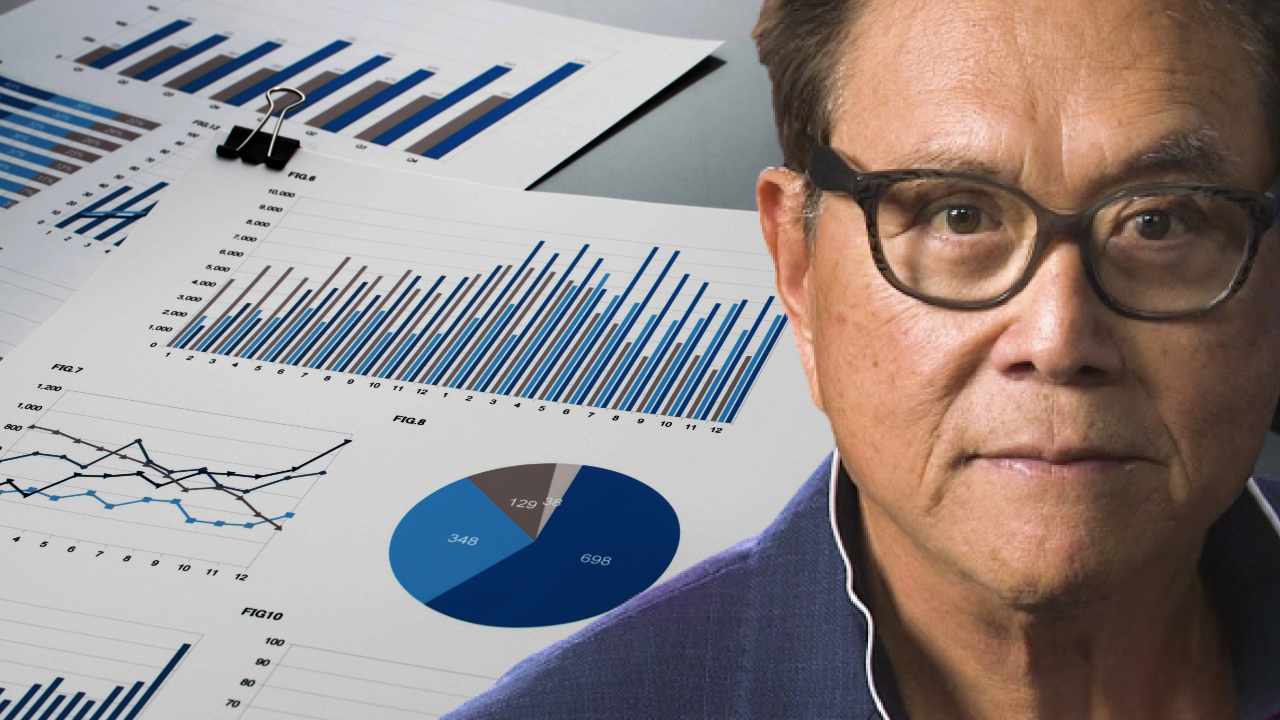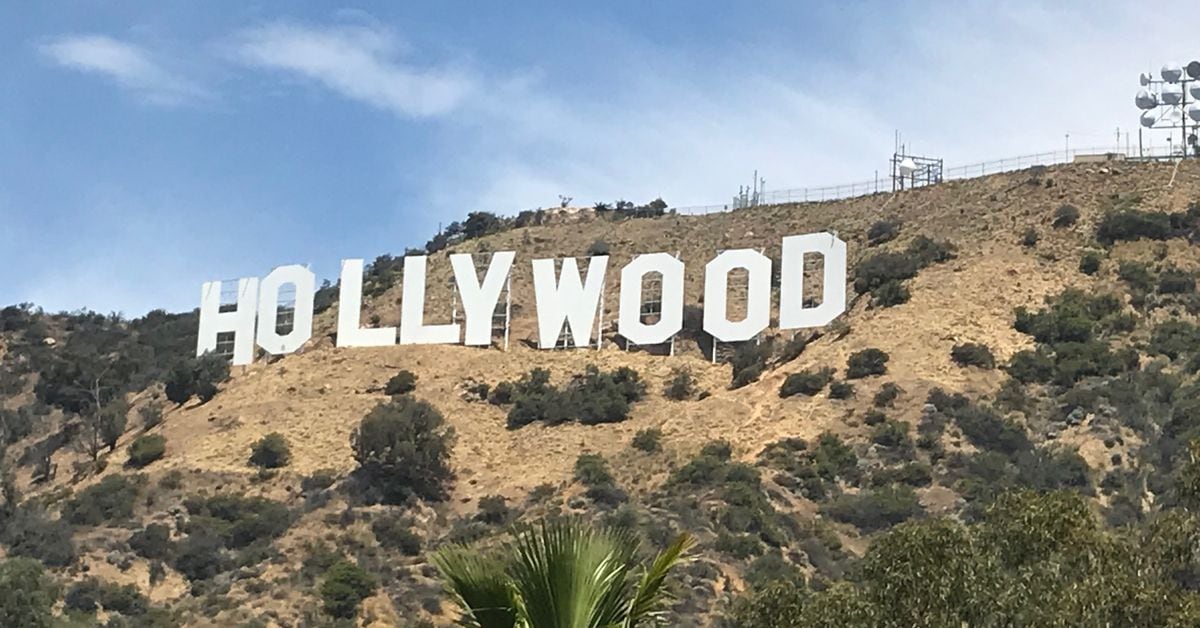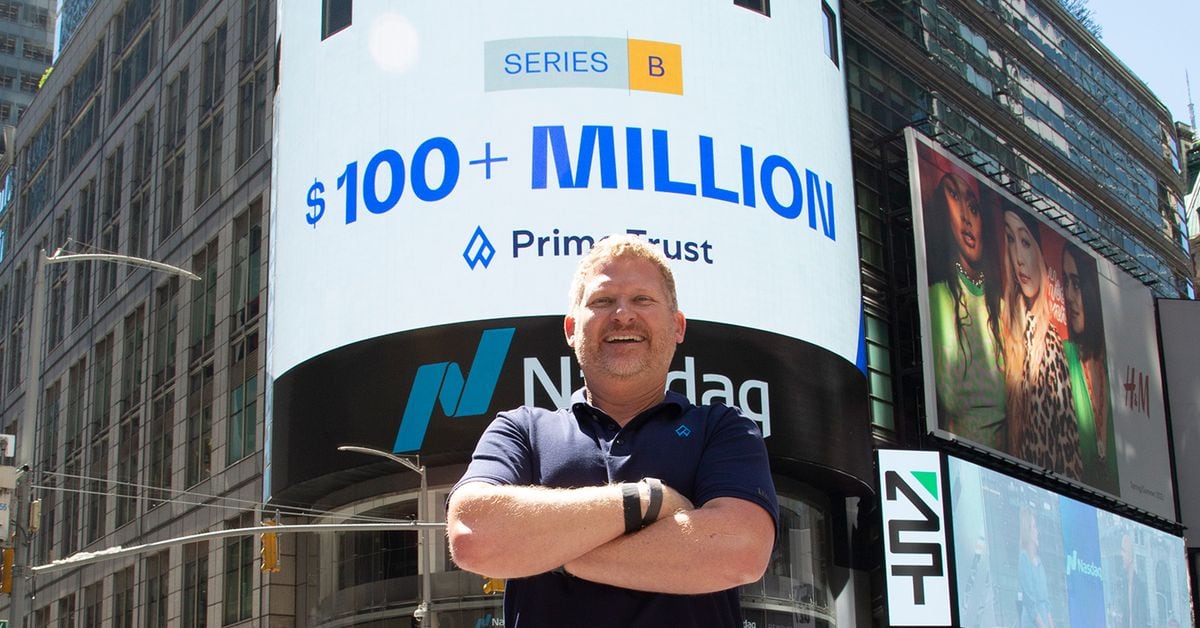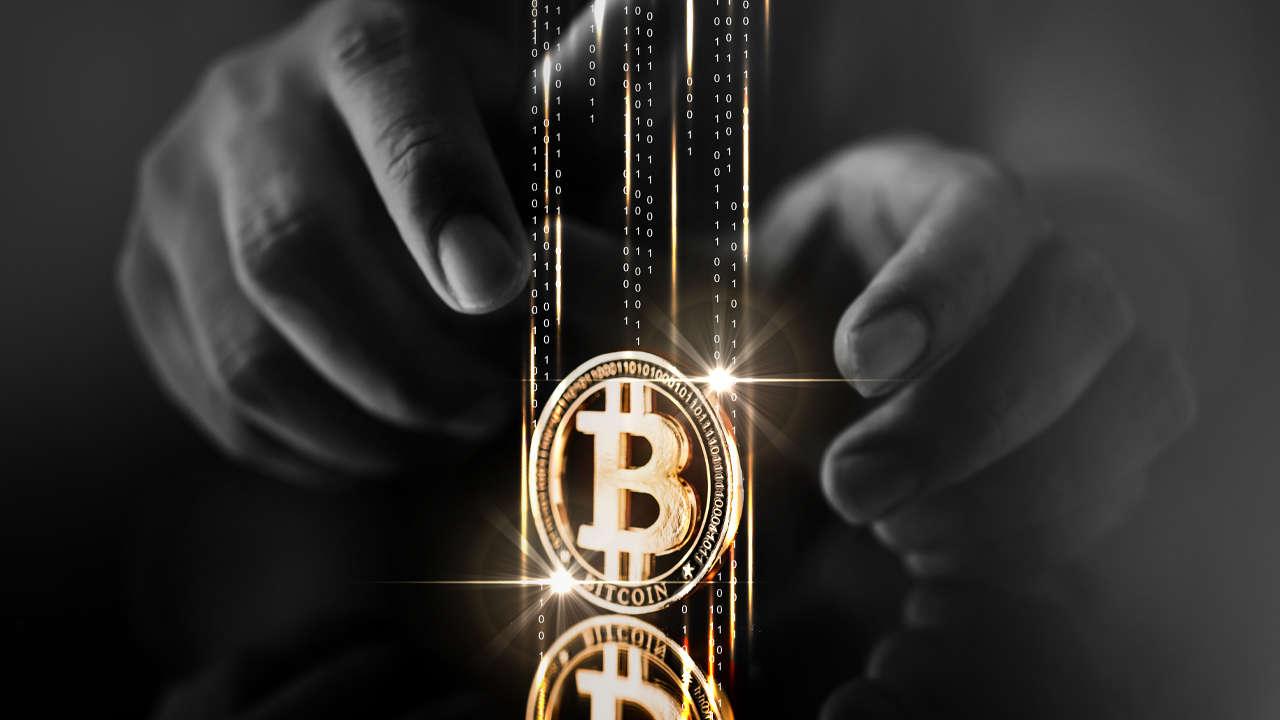
The famous author of the best-selling book Rich Dad Poor Dad, Robert Kiyosaki, has warned that investing in a well-diversified portfolio of stocks, bonds, mutual funds, and exchange-traded funds (ETFs) is “very risky” advice. Kiyosaki stressed that gold, silver, and bitcoin are the best investments for “unstable times.”
Robert Kiyosaki’s Investment Advice
The author of Rich Dad Poor Dad, Robert Kiyosaki, gave some more investment advice this week. Rich Dad Poor Dad is a 1997 book co-authored by Kiyosaki and Sharon Lechter. It has been on the New York Times Best Seller List for over six years. More than 32 million copies of the book have been sold in over 51 languages across more than 109 countries.
Kiyosaki tweeted Friday:
For years, I have been saying, ‘Saving money & investing in a well-diversified portfolio of stocks, bonds, mutual funds & ETFs is risky advice.’ Today very risky advice. I still believe gold, silver, bitcoin best for unstable times, although prices will go up and down.
The famous author previously said: “I do not love stocks, bonds, mutual funds, or ETFs.” However, he noted that investors should invest in what they love. In April last year, he said bonds are “the riskiest investment” in a global meltdown. “Tragically, rookie investors follow rookie advice of 60 (stocks) 40 (bonds) mix,” he opined, recommending investors buy gold, silver, and bitcoin “as insurance against morons running the world.” He also said in July last year: “I do not touch paper gold or silver ETFs. I only want real gold or silver coins.”
As for mutual funds, Kiyosaki has said for several years: “I just don’t like mutual funds. I think they’re a rip-off.” He explained in 2019: “Financial planners are henchmen for banks and mutual funds. They sell you their products, take your money, charge you fees, and use your money to get richer.”
Many people on Twitter disagreed with Kiyosaki, telling him that a well-diversified portfolio of stocks, bonds, mutual funds, and ETFs is a lot less risky than investing in gold, silver, and bitcoin. Some accused the famous author of pumping BTC for his personal gain.
Kiyosaki has been recommending gold, silver, and BTC for quite some time. He said last December that owners of the three investments will get richer when the Federal Reserve pivots and prints trillions of dollars. He predicted that by 2025, gold will be at $5,000, silver at $500, and bitcoin at $500,000. In addition, he expects gold to soar to $3,800 and silver to rise to $75 this year. Kiyosaki previously explained that he is a bitcoin investor, not a trader, so he gets excited whenever BTC hits a new bottom.
Moreover, the renowned author has repeatedly said that he does not trust the Biden administration, the Treasury Department, the Federal Reserve, or Wall Street. He has warned many times that the Fed is destroying the economy and the U.S. dollar. In October 2021, he tweeted: “I love bitcoin because I do not trust Fed, Treasury, or Wall Street.” The Rich Dad Poor Dad author recently cautioned that “everything will crash” and a depression is possible. In January, he said we are in a global recession, warning of soaring bankruptcies, unemployment, and homelessness.
What do you think about Rich Dad Poor Dad author Robert Kiyosaki’s investment advice? Let us know in the comments section below.
Image Credits: Shutterstock, Pixabay, Wiki Commons
Disclaimer: This article is for informational purposes only. It is not a direct offer or solicitation of an offer to buy or sell, or a recommendation or endorsement of any products, services, or companies. Bitcoin.com does not provide investment, tax, legal, or accounting advice. Neither the company nor the author is responsible, directly or indirectly, for any damage or loss caused or alleged to be caused by or in connection with the use of or reliance on any content, goods or services mentioned in this article.










